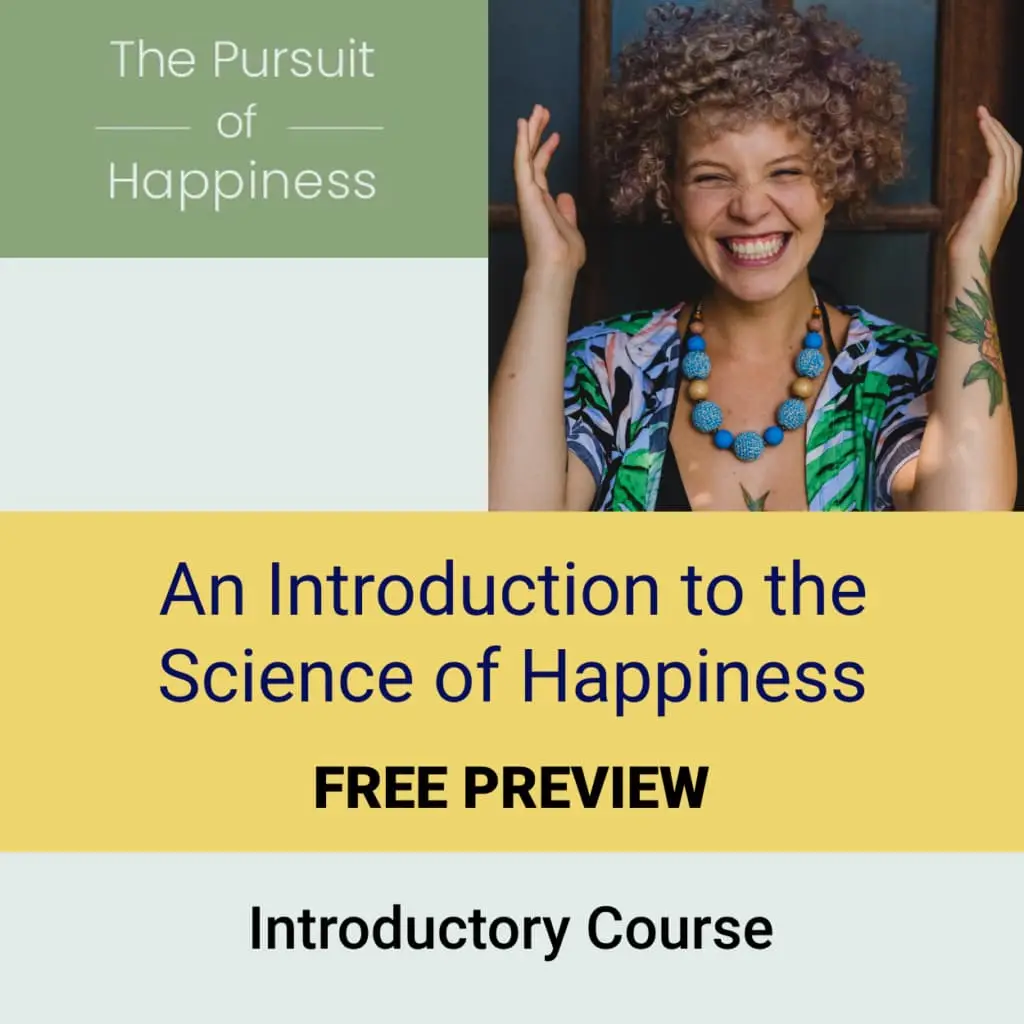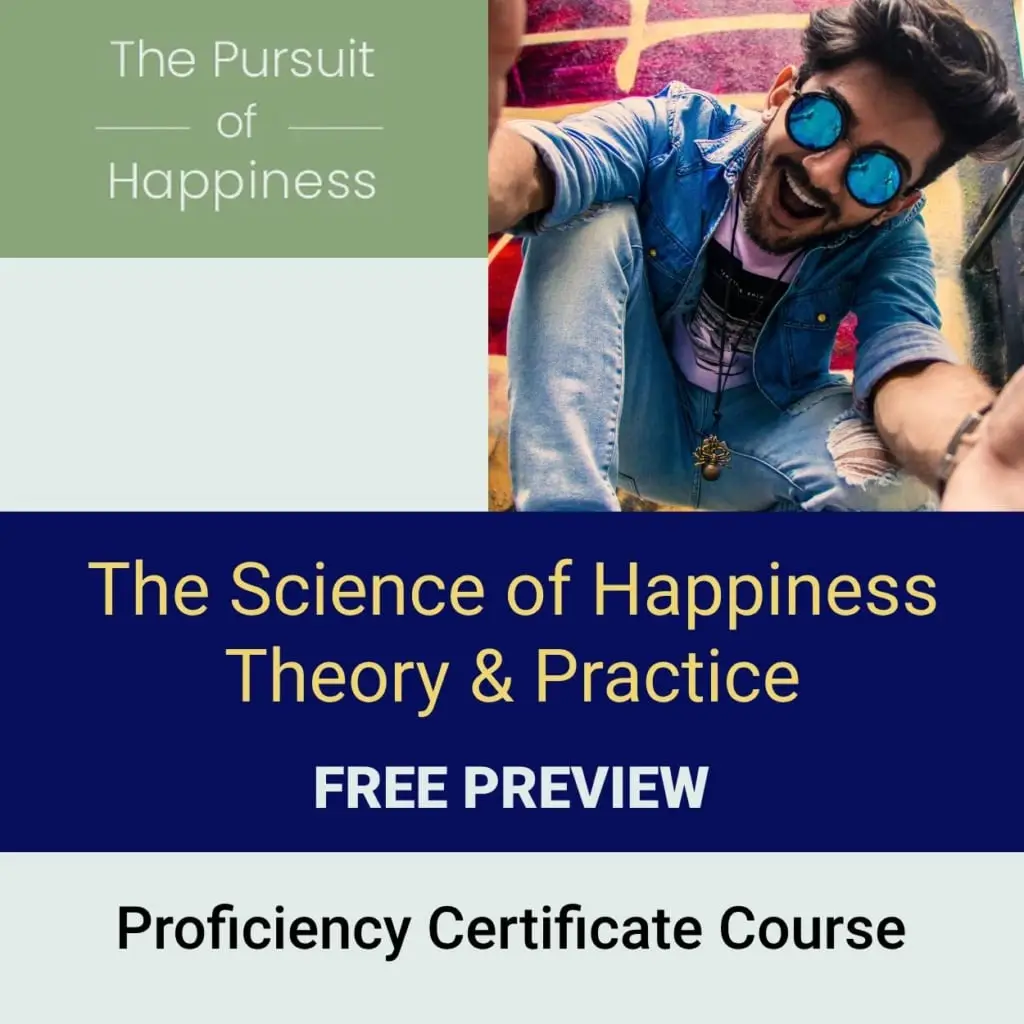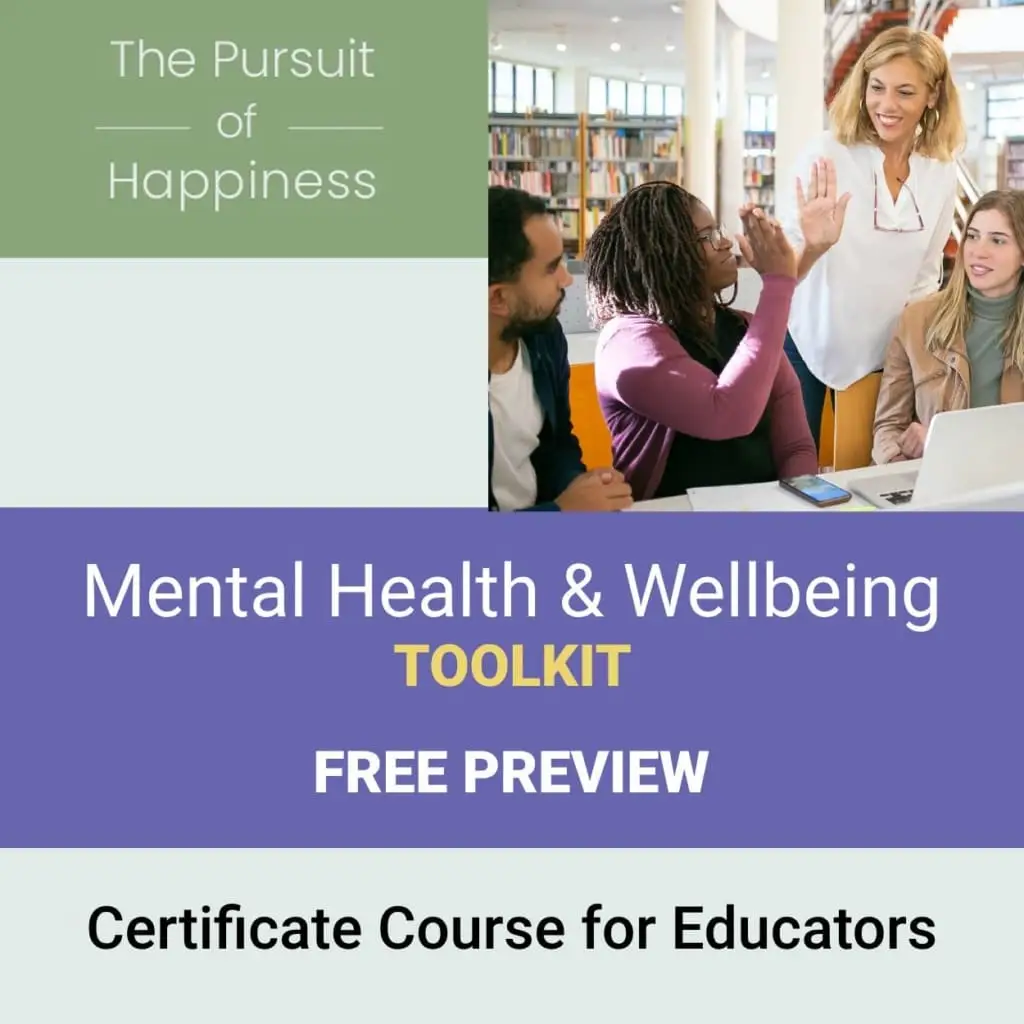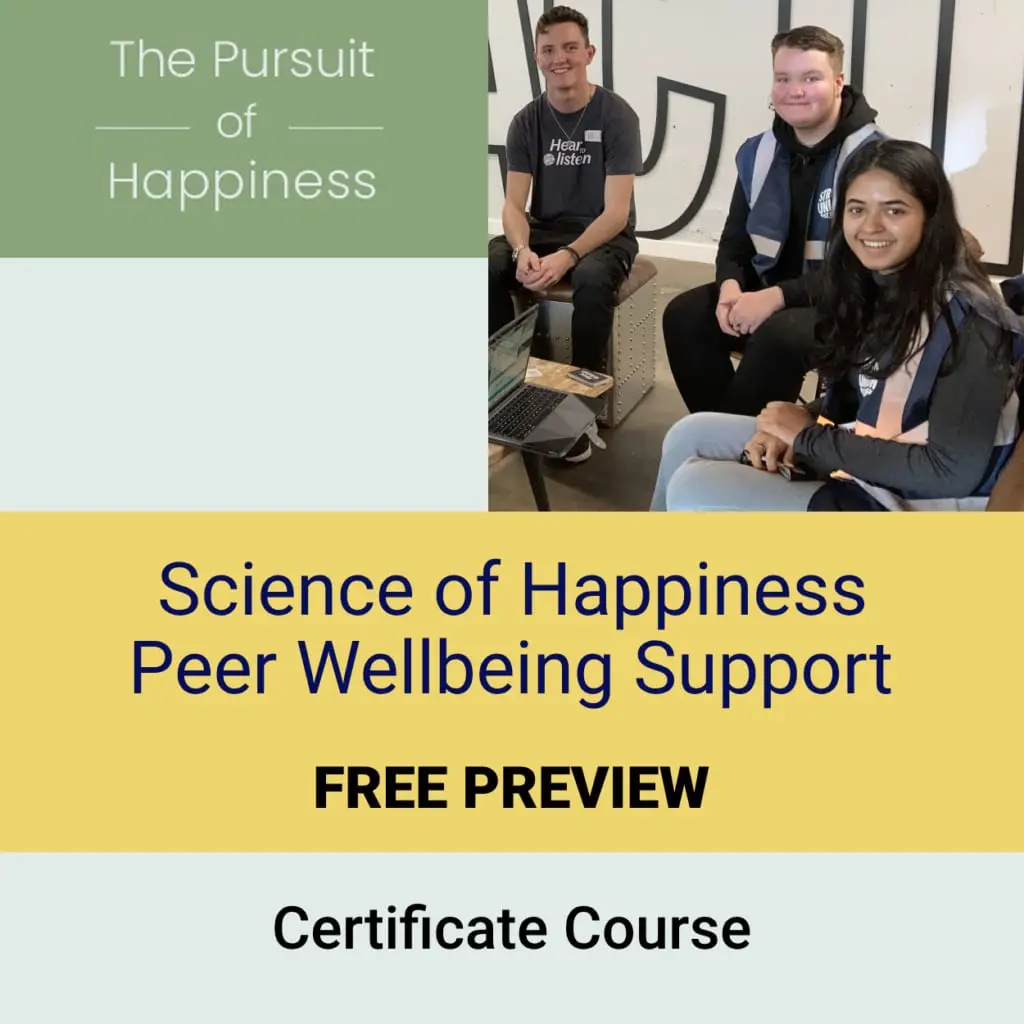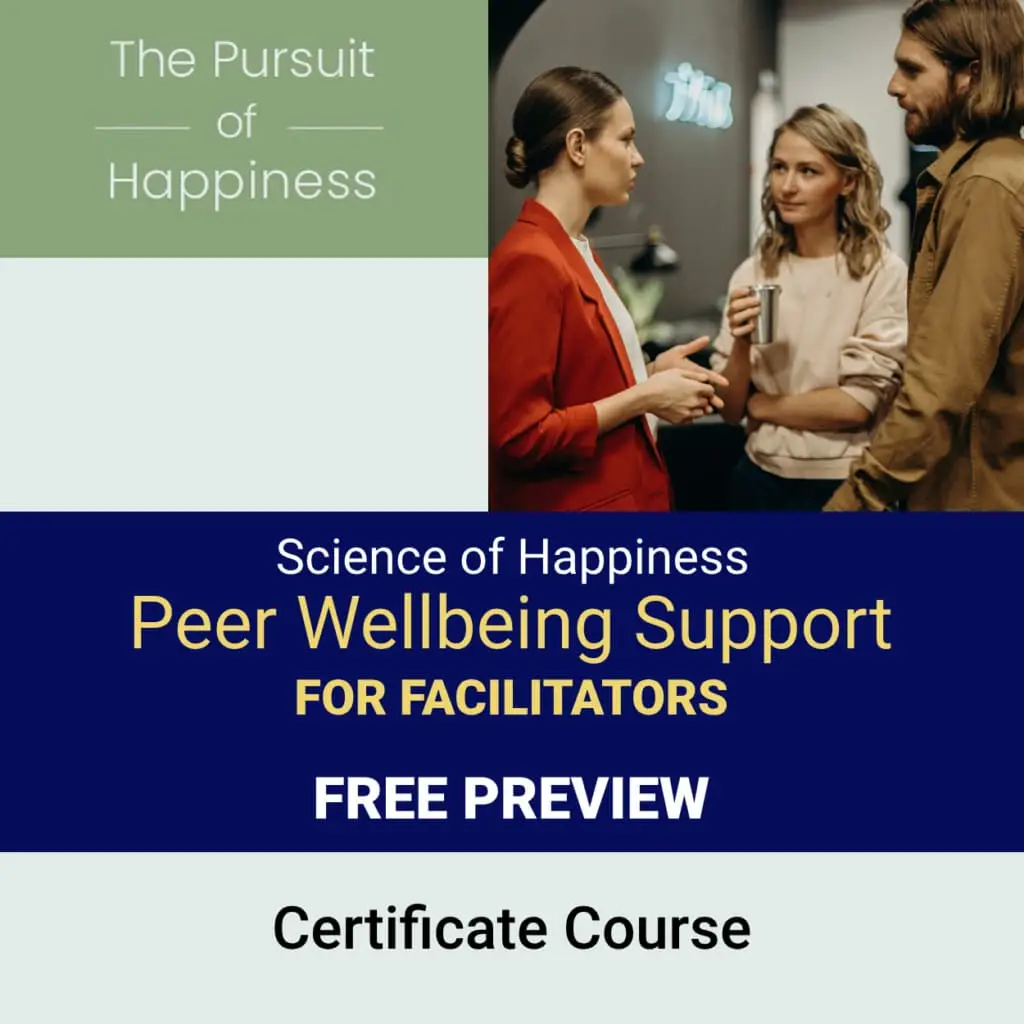Numerous studies, many conducted by agnostics, have demonstrated a close link between spiritual practices and happiness. Those people who consistently go to a religious service seem to be happier than those who don’t, and recent research suggests this is not merely because of the social aspect. We theorize that the key aspect that underlies the boost in happiness is the orientation to a greater meaning or ultimate purpose in life. Many philosophers have argued for the link between happiness and this greater purpose. This becomes one of the main themes for the Islamic philosopher al-Ghazali, who writes that every person is born with a “knowing pain in the soul” resulting from a disconnection from the Ultimate Reality. The tragic condition of Man is that our eyes have been so distracted by physical things and pleasure, that we have lost the ability to see the unseen. This is why people are so unhappy: they are trying to relieve this pain in the soul by recourse to physical pleasure. But physical pleasure cannot relieve a pain that is essentially spiritual. The only answer to our condition is a pleasure which comes not from the body but from a place deep within us.
William James, the 19th Century philosophy and psychologist, writes that the happiest people are those who have gone through an intense period of suffering, marked by the search for a deeper meaning in their lives. He calls these people the “twice born” and he takes for his example the novelist Leo Tolstoy. James explains that the Russian novelist’s successful effort to restore himself to mental health led to more than a return to his original condition. The twice-born reach a new and higher plane: “The process is one of redemption, not of mere reversion to natural health, and the sufferer, when saved, is saved by what seems to him a second birth, a deeper kind of conscious being than he could enjoy before. (p.157) This sense of being “born again” is characteristic of religious and mystical experiences, but it can be extended to any experience where there is a strong sense of renewal after a tragic event. This often happens as a result of a debilitating sickness or a near-death experience. As an example, consider many of the children with terminal cancer at the St. Jude Hospital for Children. Instead of being defeated by their illness, blaming God or the world, they exhibit a tremendous enthusiasm for life and an optimism that “all will be for the best.” The morale of the story is clear: challenges and tragedies can be seen not as obstacles to happiness, but rather as the means to achieve a deeper and more lasting happiness.

